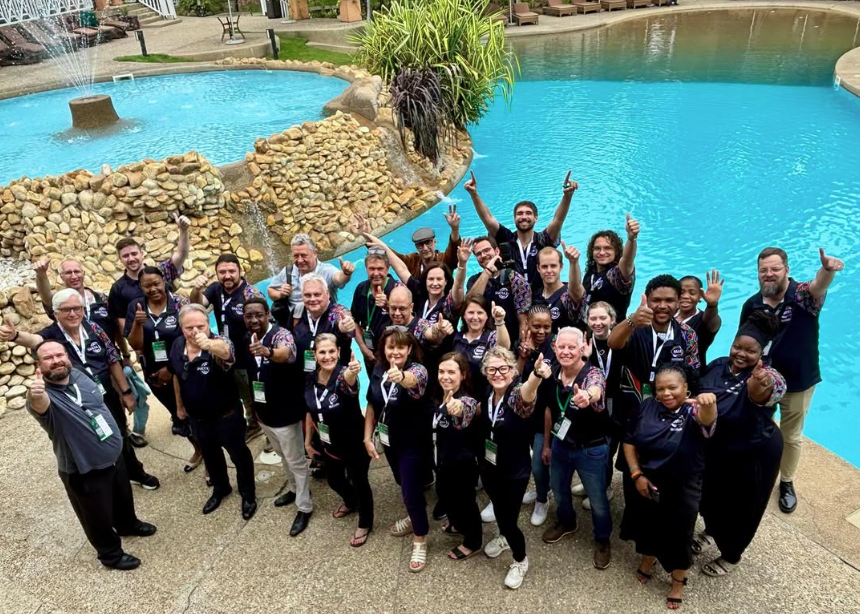
Ditch the boardroom: Why traditional leadership styles are failing
Once upon a time, leadership looked like corner offices, long oak tables, and decision-making behind closed doors. The leader was the one with the most experience, the loudest voice, and the final say. But today’s workforce? They’re not buying it.
Traditional leadership, top-down, rigid, command-and-control, has been quietly crumbling under the weight of digital transformation, global collaboration, and shifting employee expectations. And it’s not just a generational thing. Across the board, people want more transparency, more purpose, and yes, more say.

Leadership is evolving — fast
The most forward-thinking companies aren’t promoting the loudest person in the room anymore. They’re nurturing listeners. Empathisers. Facilitators. Leaders who co-create instead of dictate. In a world where remote work, flexible hours, and cross-functional teams are the norm, leadership has to be adaptive, agile, and human.
The new model? Think less “boss,” more “coach.” Modern leaders ask questions before giving answers. They crowdsource ideas instead of issuing orders. They build psychologically safe environments where employees feel empowered to speak up, fail fast, and grow.
The data doesn’t lie
According to a report, organisations with inclusive and collaborative leadership cultures are 70% more likely to capture new markets. Hierarchies stifle speed. Collaboration accelerates it.

Real-world proof: Collaboration wins
Look at companies like Atlassian, known for its “team-first” philosophy, or Netflix, where radical transparency meets individual freedom. These are businesses that don’t just talk about culture, they build it into their leadership DNA. And it’s paying off.
Even major corporates like Unilever and Microsoft have reimagined leadership around empathy and empowerment. Microsoft’s transformation under Satya Nadella is a masterclass in ditching ego and embracing emotional intelligence.
What this means for future leaders
For marketing professionals, business students, and entrepreneurs alike, the message is clear: the world doesn’t need more “bosses.” It needs facilitators of growth. People who lead with purpose and understand that influence beats authority every time.
This is particularly relevant for Africa’s emerging leaders. Our continent is rich with creativity, community, and youthful energy. By leaning into collaborative leadership styles, we can create organisations that reflect ubuntu: “I am because we are.” And in doing so, we unlock innovation that is inclusive, locally rooted, and globally relevant.

Final thought: Ditch the boardroom table
It’s time to retire the old symbols of power. The suits, the status, the executive-only meetings. Leadership isn’t about where you sit; it’s about how you serve. Whether you’re managing a startup team in Nairobi or leading a creative agency in Cape Town, the future belongs to those who lead together.
So go ahead. Ditch the boardroom. Pull up a beanbag. And let the conversation begin.
About the IMM Institute
The IMM Institute is committed to supporting professionals through relevant, future-focused education. From online panel discussions and breakfast sessions to short courses, workshops, and an annual conference, we help marketers and business leaders stay ahead of emerging trends and industry shifts. If you’re looking to build the skills that matter most in a fast-changing world, the IMM Institute offers opportunities for meaningful, ongoing professional development.















